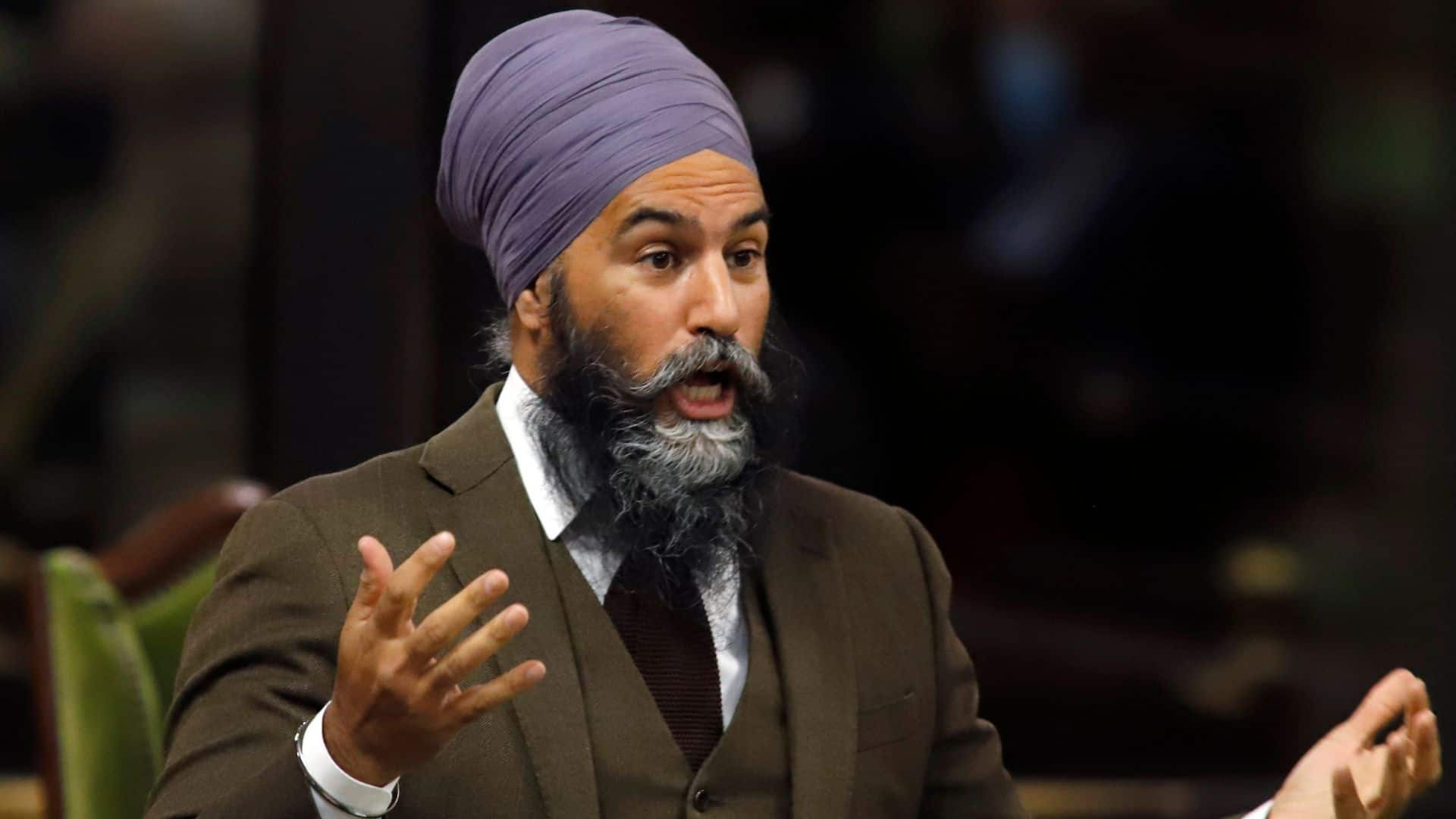RCMP commissioner Mike Duheme says he wants the government to look at drafting a new law that would make it easier for police to pursue charges against people who threaten elected officials.
The Mounties are seeing an increase in invective directed at politicians, including comments from the same individuals on multiple occasions, Duheme said in an interview.
However, often the behaviour does not meet the Criminal Code threshold for laying a charge of uttering threats.
“So that’s sometimes a challenge,” Duheme said.
“But are there other tools that we can use? Is there anything else that we could add to the Criminal Code that … can address the situation?”
Duheme said the RCMP hopes to work with Public Safety Canada and the Department of Justice on the possibility of a new provision to address the phenomenon.
“It’d be nice to see if we could look at that,” he said.
“People feel more free to express what they really think, which is a good thing, but it has to be done in a civil way. Every elected official has a right to feel secure in doing their job.”
Duheme’s comments come amid growing concerns about the safety of politicians.
In Ottawa, questions are being raised about whether cabinet ministers and members of Parliament need tighter security measures after the verbal attack on Deputy Prime Minister Chrystia Freeland in Alberta.
MPs have been followed on the street and subjected to death threats. The escalation has prompted efforts to bolster protection and security measures.
Ontario Liberal MP Pam Damoff recently announced she would not run in the next election, saying the threats and misogyny she has experienced made her fearful of going out in public.
Threats becoming increasingly normalized: report
Duheme said the RCMP regularly communicates with other police forces about threats to politicians. In addition, the Mounties have a liaison team that keeps in touch with federal ministerial offices about daily security needs, and the force works closely with the House of Commons sergeant-at-arms concerning protection of MPs.
The force will sometimes turn to “disruption measures,” with officers knocking on the door of someone who has made a concerning comment to “have a chat with them,” Duheme said.
RCMP behavioural science specialists also look at incoming cases, and the force has noticed that disturbing comments sometimes come from people known to the force from earlier incidents, he added.
An intelligence report released in March said threats against politicians had become “increasingly normalized” due to extremist narratives prompted by personal grievances and fuelled by misinformation or deliberate lies.
The June 2023 report, prepared by a federal task force that aims to safeguard elections, said baseless theories, disinformation and misinformation had spread to larger audiences, exposing online users to a vast network of narratives that undermine science, systems of government and traditional figures of authority.
“Violent rhetoric routinely fixates on elected officials — with particular hostility towards high-profile women,” the report said.
Electronic panic buttons have been made available to MPs, and some are already carrying them, as serious threats against politicians have increased.
In recent years, countries including Bolivia, Brazil and Tunisia have brought in legislation directed at violence against women in politics.
Ensuring that social media platforms are enforcing terms of service that will minimize the sense of violence is important, said Chris Tenove, assistant director of the Centre for the Study of Democratic Institutions at the University of British Columbia.
The recently introduced federal online harms bill is one way of helping establish standards around expectations of such platforms for addressing harassment, threats and hate speech, he said.
While much of the abuse comes via cyberspace, it can also spill into the physical realm, Tenove said.
“So you’re getting threats online, and there’s a protest so it’s come to your home … and you’ve also been shouted at in a city council meeting,” he said. “They’re quite often mixed together.”
Tenove added it is important for party leaders and staff to make it clear to supporters that it’s inappropriate and undemocratic for them to threaten or harass opposing political parties online.
“And it would be good to see more of those public expressions, because that kind of cross-party unity around what’s appropriate is really necessary.”
Source Agencies




